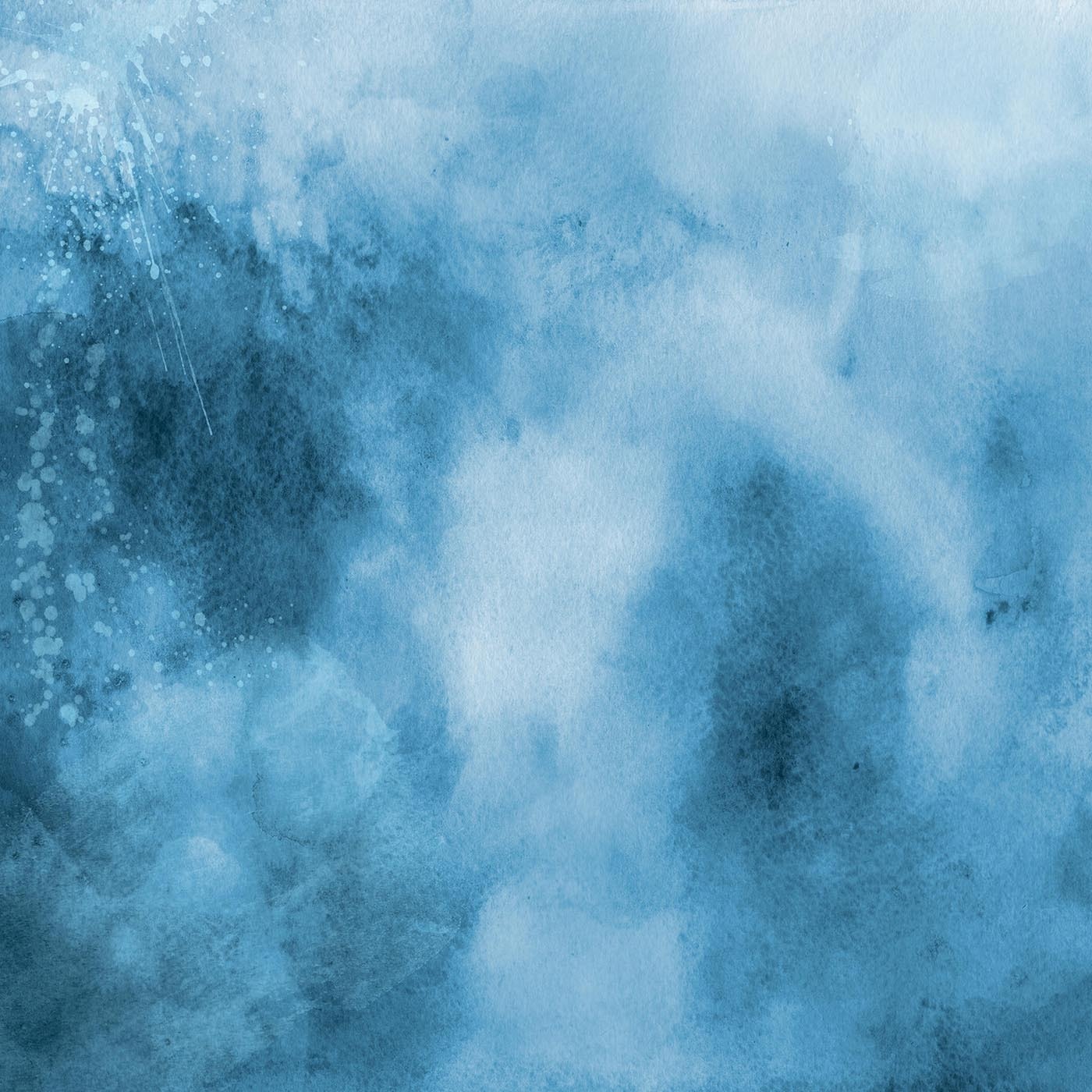Welcome in Green Head

- Simon Bryant
- Creels and traps
- Partner since 2025
- Green Head, Australia


Off the coast of Green Head, a small fishing village in Western Australia, a remarkable octopus is caught. Just two boats in the entire region are dedicated to catching this octopus for Fish Tales. This species is found only here—living deep on the ocean floor among crabs and lobsters. And you can taste it. Thanks to its unique diet, this octopus is sweeter and more tender than any other. A true delicacy!


The catch begins underwater, where rows of pots rest on the ocean floor. Inside each pot is a ‘fake crab’—simply irresistible to the octopus. The pots are hauled up two at a time, emptied, rinsed, and reset. Each octopus is caught in a sustainable way, with virtually no bycatch. Pot by pot, that’s how it’s done.


As soon as the octopus is brought on board, the work begins immediately. The tentacles are carefully cleaned, rinsed in seawater, and packed straight onto ice. This all happens out at sea, while the boat is already heading for the next line. That’s how the octopus stays incredibly fresh.



As a young boy, he stood on the wharf, and now he sails as captain of his own boat: the VG. Simon loves silence. No crowds, no rush – just the ocean, his boat, and the fresh morning air. He’s been living in Green Head for over 35 years, a tiny village on the Australian west coast, exactly how he likes it: quiet and remote. Simon is not a man of many words, but he is one of dedication. And retirement? That’s not something he’s thinking about anytime soon.
“Traps and pots” is a collective term for techniques using cages, pots, or baskets to catch seafood. Fish Tales octopus is caught using traps – closed pots placed on the seabed with artificial bait inside. When an octopus crawls in and touches the bait, the door snaps shut. The trap is then pulled up, and the octopuses are removed one by one and humanely killed.
Yes! Our octopus is fully cooked and perfectly safe to eat cold. The tentacles are vacuum-packed raw, and then cooked inside the packaging. That locks in flavor and kills any bacteria. Want extra texture? Give it a quick grill or sear – just don’t overcook it, or it can turn rub
Octopus has a mild, slightly briny flavor and a tender bite. Think squid – but juicier and richer in taste. Delicious in tapas, salads, or simply grilled with lemon and olive oil.
Fish Tales octopus is packed raw and then cooked directly in its packaging. During cooking, some natural liquid is released – that’s what you see in the pack. And that liquid is full of flavor! Perfect for cooking: use it in risotto, paella, stews or to build a rich sauce.
Don’t throw it out! That liquid is packed with flavor and perfect for cooking. Use it in risotto, stews, or as the base for a sauce. You can even boil potatoes in it! Want more inspiration? Head to our recipe page!
This is a true first: Fish Tales octopus is the very first MSC-certified octopus available in the Benelux! It’s caught off the coast of Australia by Simon and his fellow fishers. This specific species – the Western Rock Octopus – only lives in Australian waters. It feeds on crab and lobster, giving it a sweet flavor and tender bite.
Octopus is becoming more and more popular as a delicacy. At the same time, we know they’re incredibly intelligent creatures – sometimes compared to pigs or even dogs. That’s why we believe that if you choose to eat octopus, it should be sourced the right way. Our octopus is caught one by one using traps in a small-scale, MSC-certified fishery in Australia. No bycatch, no damage to the ocean floor, and strict monitoring of how much is caught. So you can enjoy it with peace of mind – if you choose to.
This fishery in Western Australia is small-scale and very well managed. The number of boats and the catch volumes are low compared to the healthy local octopus population. Since octopus enters the traps voluntarily, there is no bycatch. The traps rest on the seabed, so there’s no damage to the ocean floor. Every catch is recorded, and scientists monitor how many octopuses remain in the sea to keep the balance just right. The fishery has been MSC-certified from the very beginning, and it’s strictly monitored – both by the Australian government and independent certification bodies.
Octopuses have pigments in their skin and blood, such as chromatophores and hemocyanin. When heated, these pigments change color – giving the octopus a red or purple tint. A natural reaction during cooking enhances this even more. Raw octopus is usually white or light brown, but when alive, it can actually change color – just like a chameleon!


Herring

Pink salmon

Wild sockeye salmon

salmon

Cod

Sardines

Zeeland mussels

Atlantic salmon

skipjack tuna

Albacore tuna

Albacore tuna

Anchovy

skipjack tuna

Jack Mackerel


